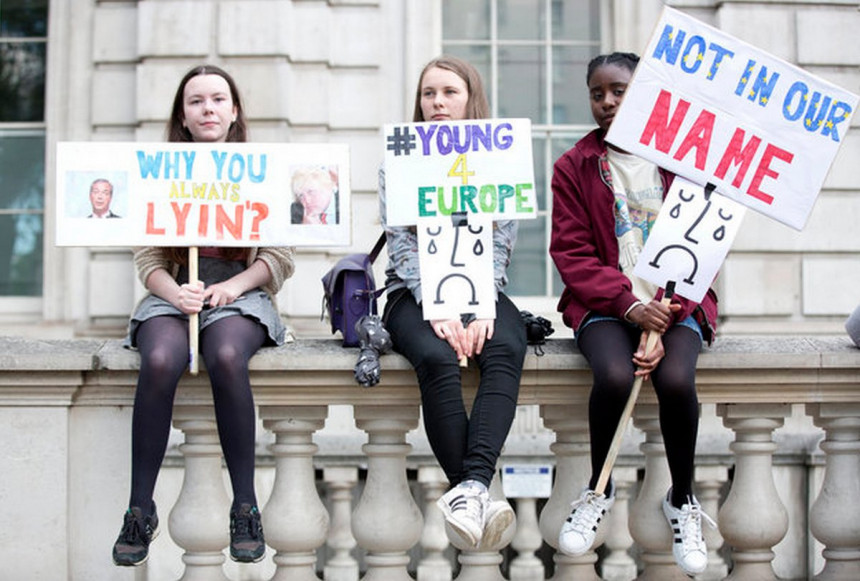
For those UK parent companies that have benefited extraordinarily from its "European passport", the situation created after the referendum could become very harmful.
A total of 33.5 million British turned out to polling stations on 23 June 2016. Voter turnout exceeded 72%. The end result was unexpected and relatively tight: Brexit won with 52% of the vote. The split between younger and older voters was perhaps the most significant feature of the consultation. The difference among voters in the age group 18-29 years for Bremain (stay in the European Union) was more than 40 percentage points. In contrast, there was almost 30 percentage points in favour of Brexit among those over 60. Disparities in age and world views of the generations, to a greater or lesser extent socialized in the future of the European Union, contributed decisively to the triumph of the option to leave the EU.
"Brexit means Brexit" (exit means exit)
On January 1, 1973, Edward Heath, the then conservative prime minister, had once sponsored the entry of the UK into the EEC (European Economic Community). The referendum held on June 5, 1975 ratified the UK's admission to the European club. Now the Eurosceptics have won the Brexit battle to reverse the situation existing before 1975. Strictly speaking, the democratic outcome is nothing less than the British disengagement from the EU. Little now seems to matter that that the British premier, Theresa May, had been warmly in favour for the permanence of "Remain" during the referendum campaign. Hours after taking over her new governmental commitment, and surrounded by the Tories members of parliament, May uttered the emphatic words: "Brexit means Brexit" (exit means exit). According to the (unwritten) constitution, the British referendum result leaves little room for doubt, and it is clear that the United Kingdom should now formally communicate its decision to the EU and then proceed to depart. However, it is at this point where not a few doubts and uncertainties as to the future arise.
The House of Commons has scheduled a parliamentary session for September 5th to discuss the possible holding of a second referendum on the UK exit of the EU. The proposal was supported electronically by 4 million people, arguing that such an important decision as the Brexit should have had the support of a percentage of at least 60% of the voters, with over 75% of the electorate participating. This is a substantial aspect to be settled, that of the issue affecting Scotland and Northern Ireland, constituent territories of the United Kingdom, where there was a majority vote in favour of staying in the European Union.







